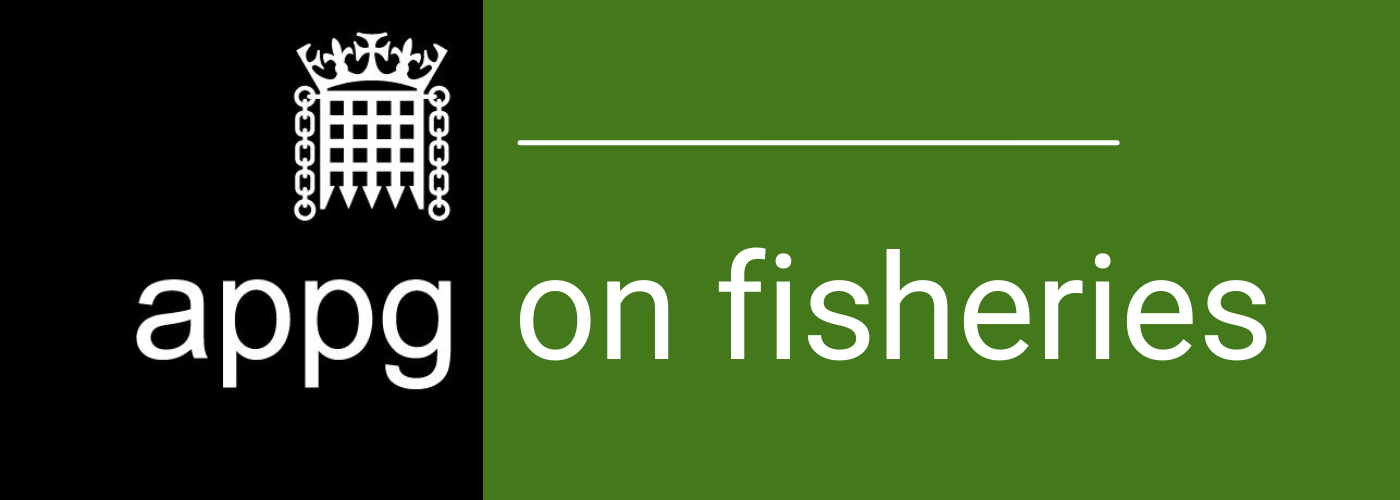At the latest public event from the APPG on Fisheries, people across the fisheries industry gathered to discuss certified sustainable seafood. Rebecca Kaye, the newest addition to the APPG Secretariat, summarises the event with some key take-away messages.
APPG on Fisheries Co-Chair, Melanie Onn MP in action.
The APPG’s public events for this parliamentary term came to a close this week, as representatives from across the seafood sector gathered in Westminster to discuss seafood marketing and certification for UK fisheries.
Our biggest and most diverse audience to date was made up of stakeholders from across the sector. From local fish merchants to major retailers, MPs to educators, we were all treated an overview of sustainable seafood certification and marketing.
Melanie Onn MP Co-Chair for the APPG, chaired the event. A frequent advocate for the UK fishing industry, Melanie was a brilliant choice to keep the discussion focussed on seafood certification in the UK context.
Three presentations gave different perspectives on sustainable seafood certification – setting the scene for the lively discussion that followed on the merits, challenges and benefits of sustainable seafood certification.
The opening presentation from Erin Priddle, Marine Stewardship Council (MSC) UK gave an insight into how a global movement of increased environmental awareness is calling for a more sustainable food system. Consumer preferences are shifting, and fisheries are seeking out certification of their sustainably caught seafood.
Cornwall Good Seafood Guide’s Matt Slater delivers his presentation to a packed room.
Matt Slater from the Cornwall Good Seafood Guide spoke on the benefits of having a local, regional guide to buying sustainable seafood. The guide bases its sustainability ratings on internationally recognised principles from the Marine Conservation Society. Matt said through early and consistent engagement with the Cornwall fishing industry and seafood supply chain, the community continues to be supportive of the guide.
Ruth Wescott rounded off the presentations, outlining how her organisation promotes cities that have pledged to become a ‘Sustainable Fish City’. This acknowledges a commitment from relevant businesses, hospitals and airports to predominantly sell sustainably certified seafood. Sustainable Fish Cities accepts a range of seafood certification schemes, acknowledging the difficulty some small-scale fisheries can have in pursuing high-profile certification schemes.
Filled with this new knowledge, a lively discussion with the audience followed. Amidst a room of interesting questions, three key points resonated from the audience and our presenters.
Firstly, the room acknowledged that larger, higher profile certification schemes can be financially inaccessible for small-scale or ‘rod and line’ UK fisheries. Discussion followed about whether this disadvantages small businesses in a marketplace where large-scale fisheries can afford to apply for high profile certification.
Discussion also explored whether climate change and carbon emissions should be considered in seafood sustainability ratings. Interestingly, some participants felt this factor may actually advantage smaller producers with an inherently lower carbon footprint, thereby helping them achieve a higher sustainability rating. As with all aspects of current environmental policy, the immense challenge of accounting for climate change was acknowledged by the room.
The panel take in a question from the audience. Left to Right: Erin Priddle (MSC UK), Matt Slater (Cornwall Good Seafood Guide) and Ruth Westcott (Sustainable Fish Cities).
Finally, a constant thread from the discussion was that UK certified, sustainable seafood should be clearly marketed and packaged. With a range of credible certification schemes available to UK fisheries, seafood retailers and restaurants should advertise sustainable, local seafood so UK consumers can make an informed choice to support our fishing industry.
The APPG will be back with our next event in the Autumn parliamentary term, investigating the social and economic sustainability of UK fisheries.
Please note that the APPG on Fisheries Secretariat is independently managed, and does not speak on behalf of the government. If you wish to quote any of the APPG’s publications, please get in touch.

